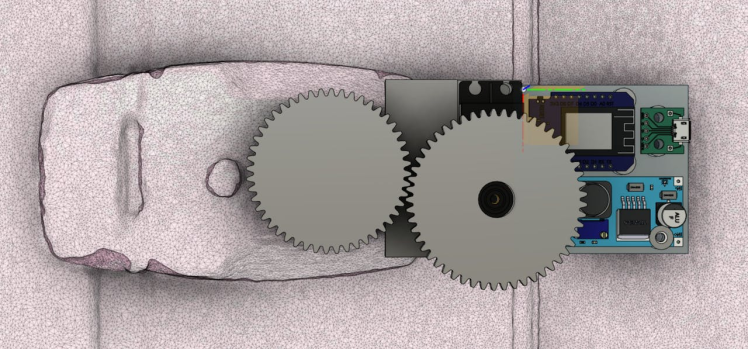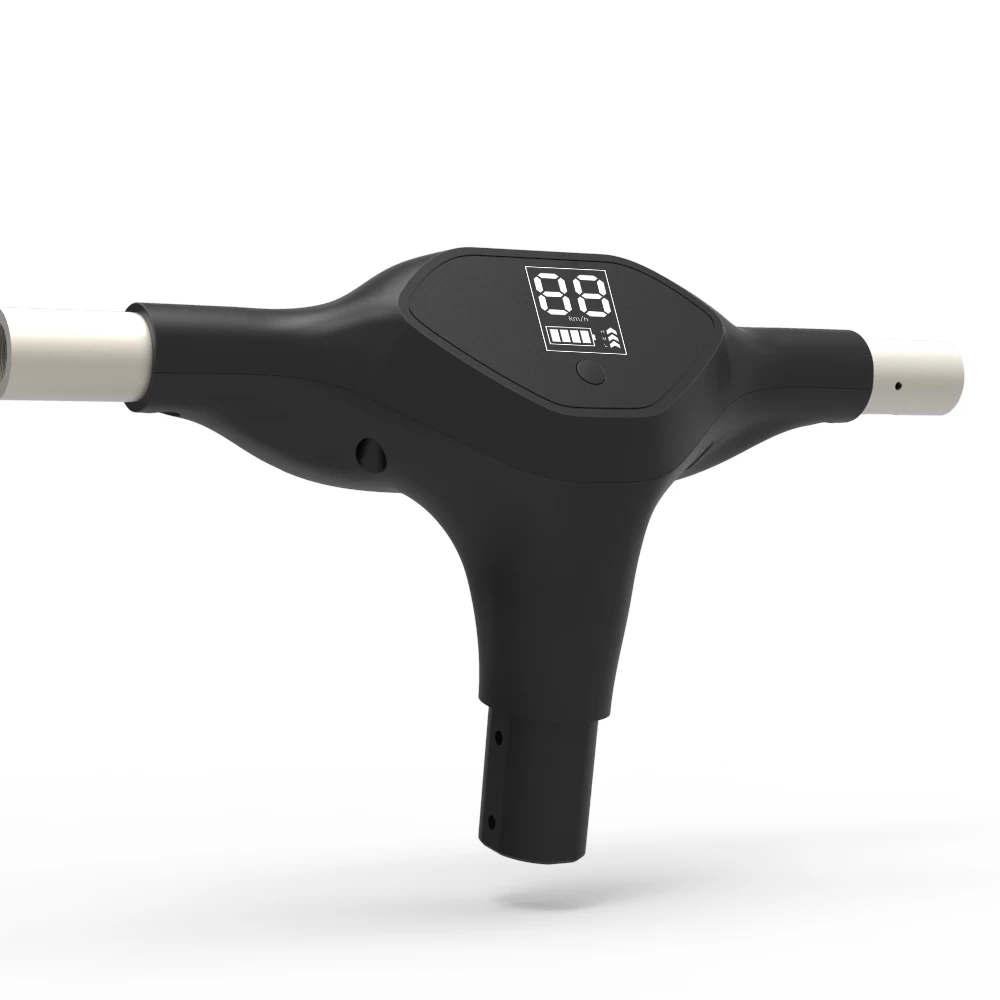Diy Smart Lock Circuit Diagram Title: How to Build an IoT-Based Bike Lock with Arduino | DIY Smart Lock Project **Description:**Welcome to [Your Channel Name]! In this video, we'll guide y

The project can be used to lock and unlock the bike remotely, as well as check the status of the lock. This project is a smart bike lock that uses an Arduino Nano 33 IoT and an ESP8266 Wi-Fi module. The Arduino Nano 33 IoT is responsible for controlling the lock and the ESP8266 Wi-Fi module is responsible for connecting to the internet. The sharing bicycle lock includes built-in IoT smart bike lock and and IoT device connected with brake lock. 2. The software of bike share includes user APP which is bike rental APP,server program,background management. External Solar,Generator Hub & Lock generator support (optional) Selectable Low Voltage (Lower to 30mV) charging circuit

EDGE IoT Course Project#EDGEIoT#IITJU#edge Circuit Diagram
#Hooking Up the Device to Your Bicycle Lock. Once you build and run this code on your breadboard device and power the device, you should recieve a text message via Twilio when you disconnect the op amp's pin3 to ground. "Unlocking innovation! 🚲🔒Discover our latest IoT project, the Smart Bicycle Lock, developed as part of the EDGE IoT course. This project demonstrates how I

• Invented a new smart bike lock that notifies you when the bike is being tampered with or stolen• Created fully functioning prototype circuit using a microp

augastinklazar/Smart Circuit Diagram
"Bike locks have not changed that much in the last few decades, even though our devices have gotten far smarter, so they seem in need of an update. Designed with this in mind, the TapLock is Hello people. I'm currently doing a school project and me and my group are building a automatic lock for a bicycle. We're studying interaction design so our knowledge in mechanics and electronics are a bit limited. However, we would like to build a prototype that, somewhat, illustrates the point. The lock needs to: Activate a small electric motor to open the lock, when the lock connects to a To ensure the lock could achieve its full potential continuous charging and power consumption were vitally important in the design process. Lattis wanted to make their smart lock battery last as long as possible, freeing consumers from worrying about battery life and running the risk of the lock dying, rendering it useless.
